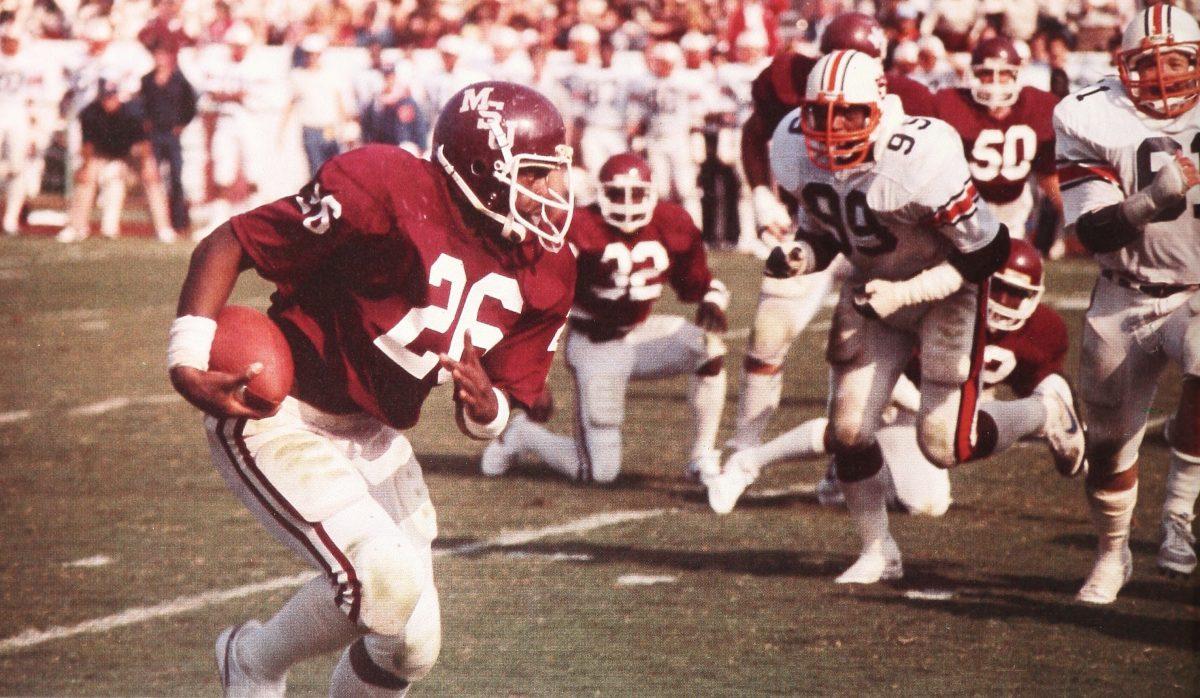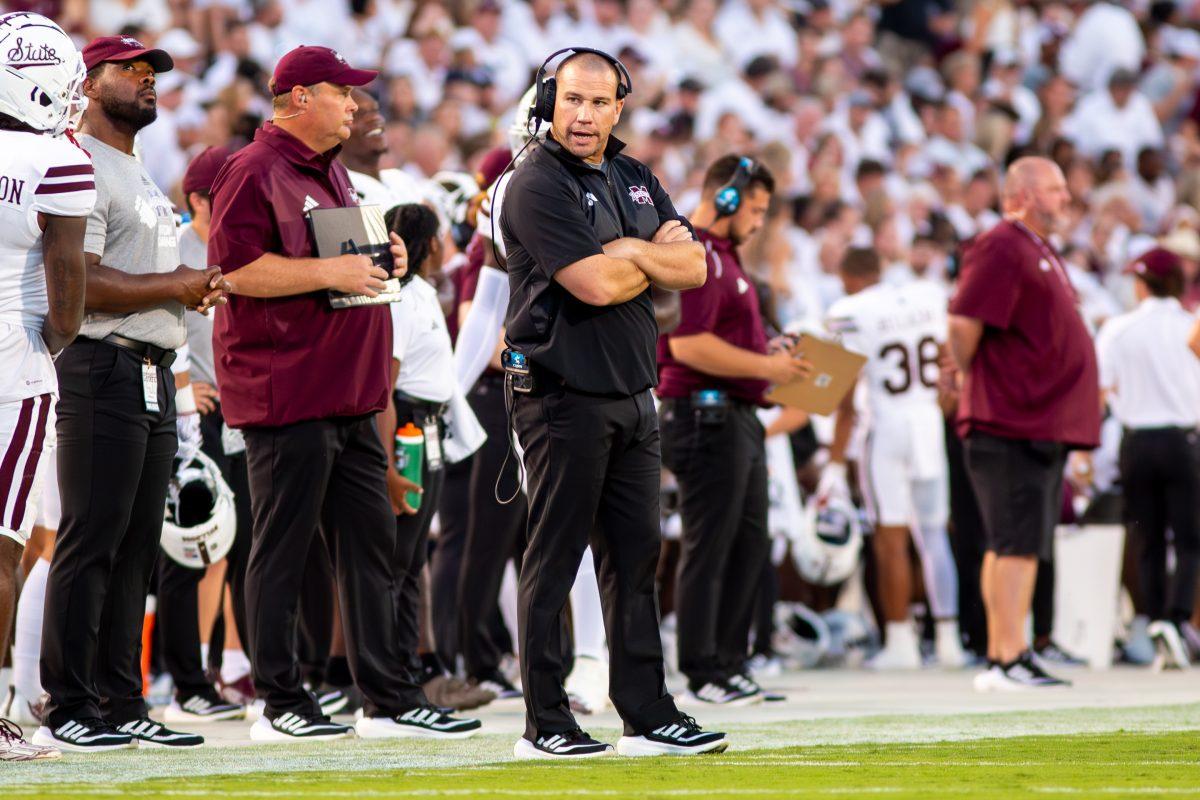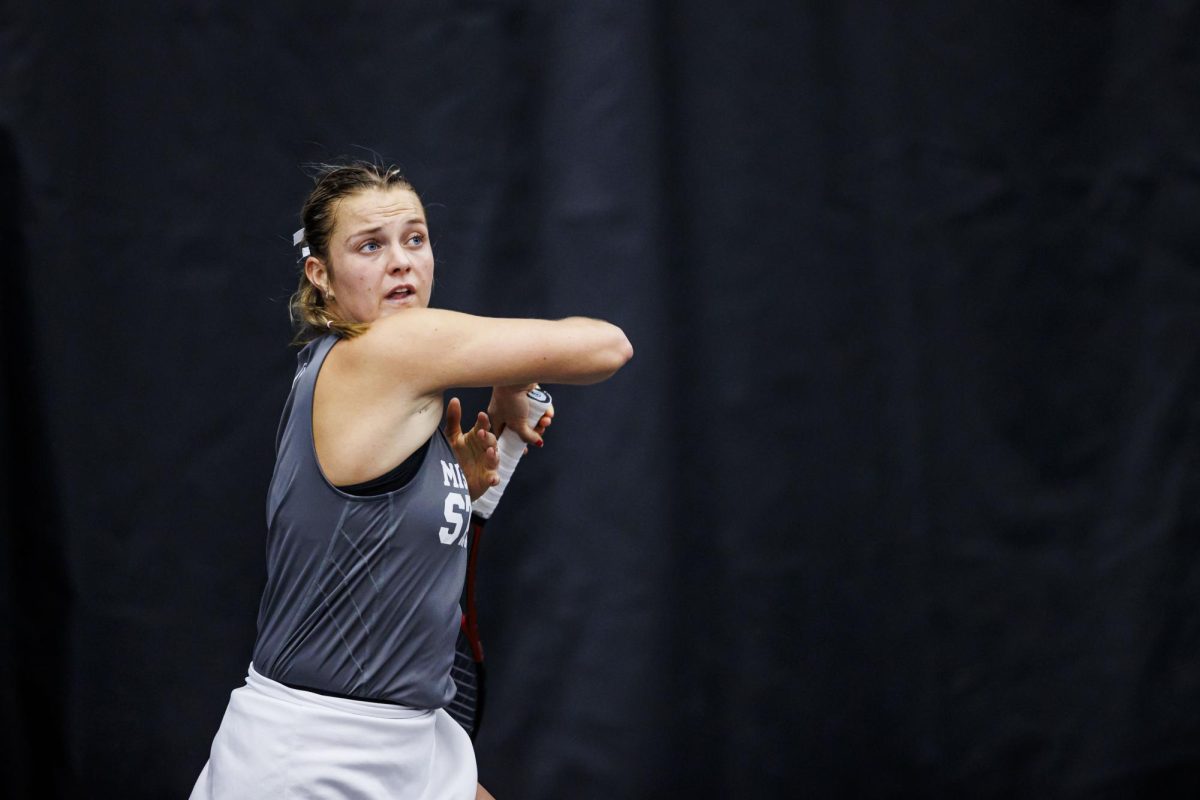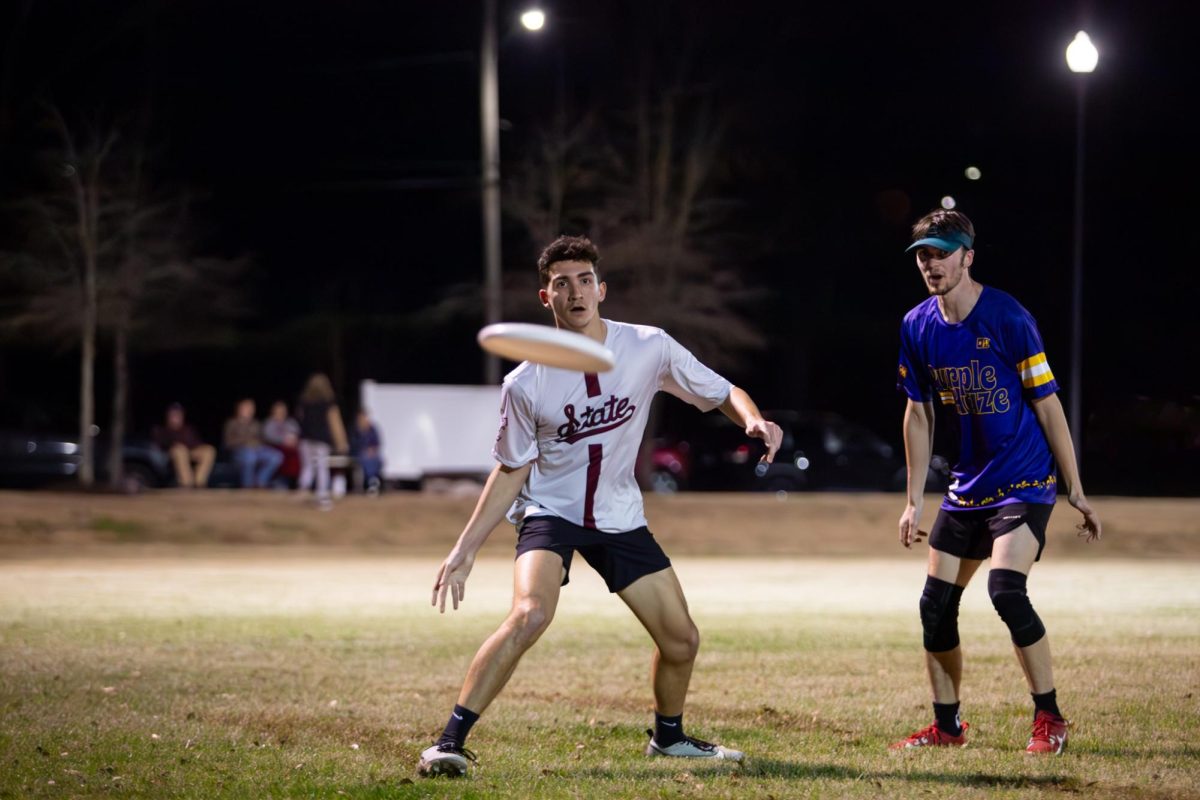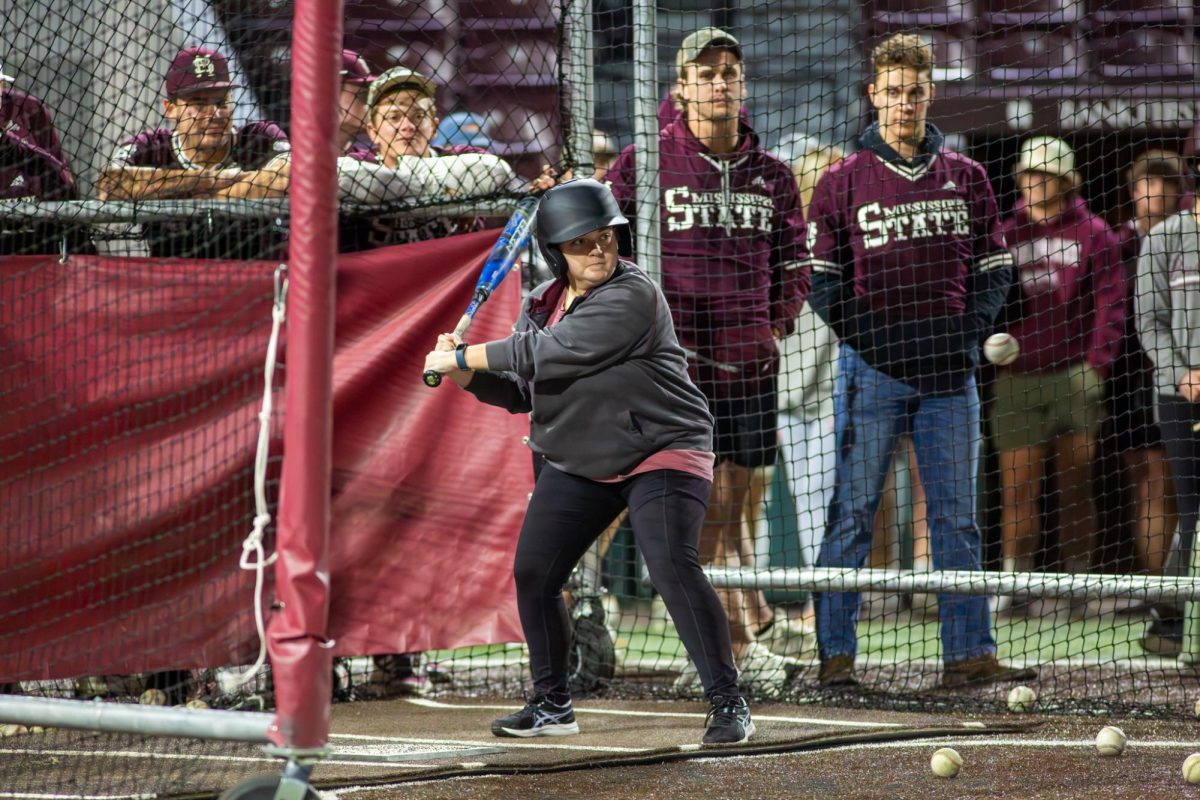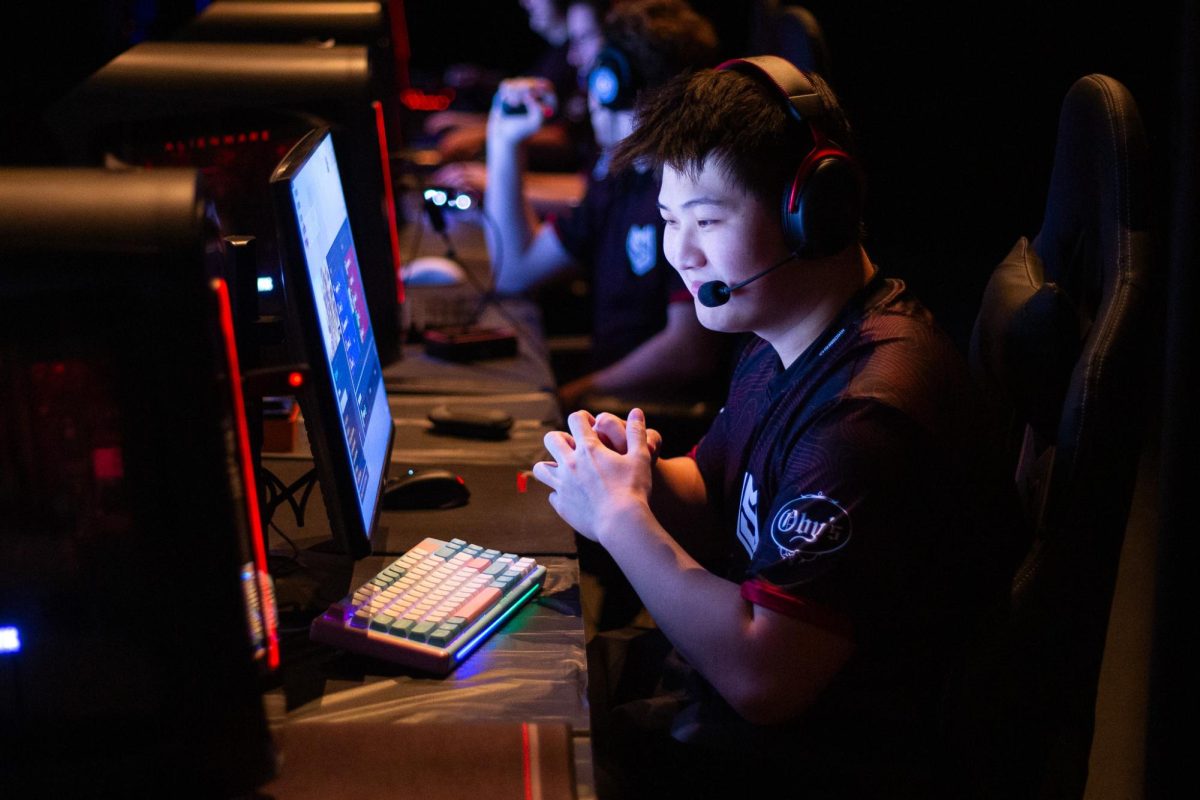Last month, the state of Mississippi made national headlines when legislators voted to take down its Confederate-emblazoned state flag, following a statewide push from a number of citizens, institutions and organizations. At the center of that push was athletics.
Mississippi State University leadership encouraged the state legislature to take down the flag and so did the SEC and NCAA, both of whom threatened to preclude Mississippi universities from hosting post-season events if the change was not made. The first prominent Mississippi athlete to take a public stand was MSU running back Kylin Hill, a senior from Columbus, Mississippi. His tweet threatening to sit out the season without a change drew nationwide attention and put him at the center of a debate raging throughout Mississippi. Finally, on June 30, the flag came down.
For former MSU and Philadelphia Eagles running back Michael Haddix, the change is a big step forward.
“If you’re honoring these Confederate statues in all these cities and the flag, you’re not moving anywhere,” Haddix said.
But for some, the voices of Hill and other college athletes were an unwelcome addition in the political arena. That seems to be a common thread whenever athletes attempt to use their platform for change, the result of a combination of stereotyping and envy, Haddix said.
“Half of the people that judge athletes like that have always wanted to be an athlete. They are envious of this guy because he is an athlete,” Haddix said. “They don’t want to give him the credit that goes along with being an athlete … They just want you to be bulk and brawn … It’s a stereotype that needs to go away.”
For Haddix, that stereotype is not only dangerously inaccurate, it is one he has personally fought against.
“I didn’t want to coach. I personally wanted to dispel the myth that all athletes can do is coach. Every athlete you see, first thing you ask is ‘You gonna be a coach?’ Is that all we can do? Be a sports guy or coach? So I said I wanted to go a totally different direction. I went to the University of Wilmington-Delaware, got my master’s degree in Administration and Human Service, and I worked in the juvenile justice system. I worked in several facilities counseling youth, dealing with kids, behavior modification and things like that.”
While many athletes find careers away from sports, some find themselves impacting the world outside of sports while still in the midst of their athletic careers. Athletes like LeBron James, Maya Moore and Raheem Sterling have drawn significant media attention in recent years for their comments and stances, but perhaps the most polarizing figure has been Collin Kaepernick.
The former San Francisco 49er’s quarterback has been out of a job for years since he first began a series of on-field protests against police brutality. In the wake of recent and more mainstream protests, many Americans, including Haddix, are reflecting on Kaepernick’s statements in 2016.
“I give him credit for the impact that he did make because he stood by it, and he didn’t waver. We were the ignorant ones. Society were the ignorant ones,” Haddix said. “It took the league four years; it took everybody four years to see that this guy had it right.”
Kaepernick’s claims regarding systemic racism were discounted by many at the time he first spoke out. While he still has plenty of opponents, some have found themselves agreeing more with the Super Bowl-winning quarterback. As the nation begins to address elements of systemic racism in a variety of ways, the state of Mississippi is left to grapple with its own past. Haddix said the state also needs to wake up to systemic racism in its present.
“I love Mississippi,” Haddix said. “I was born and raised in Mississippi. But systemic racism, it comes in all forms, all forms: holding somebody back from prospering and being everything that they can be, if you look at me a different way than you would look at somebody else because I’m a different color, if you hold back any kind of advancement for the minorities in this country or even in this city, doing anything to hinder the growth of your community. It comes in all forms. And everybody needs to wake up to that fact.”
While some may be hindering the growth of communities around the state, Haddix is focused on improving the community around him, working to implement his own programs for juveniles in Starkville, Mississippi.
“It’s a behavior modification program. We deal with juveniles. We do workshops on behavior modification, parenting classes, ADHD, drug and alcohol awareness and education,” Haddix said of the programs he already has available.
“A lot of these kids would work if they had a job. So what we’re trying to implement now is a work-farm so that we can take vegetables from farm to the table, and have these kids working on a day-to-day basis and give them a stipend. Doing that would keep them off the streets, out of trouble and with money in their pocket,” Haddix said.
While some will continue to focus time and effort on diminishing the voices of athletes, it has become clear sports figures can be an important part of social and political progress. Athletes can contribute in many ways, like advocating to take down a state flag, awakening Americans to the realities of systemic racism and implementing local programs to serve at-risk youth.
Former MSU football player, MS native addresses race issues
The Reveille Athletic Archives | Courtesy Photo
Michael Haddix wears his No. 26 jersey, during his time on the Mississippi State University football team, before he went on to play for the Philadelphia Eagles and the Green Pay Packers.
Donate to The Reflector
Your donation will support the student journalists of Mississippi State University. Your contribution will allow us to purchase equipment and cover our annual website hosting costs.


















































































